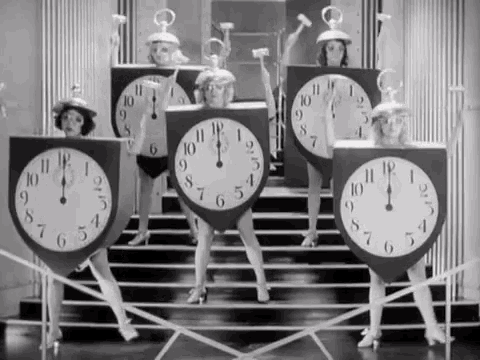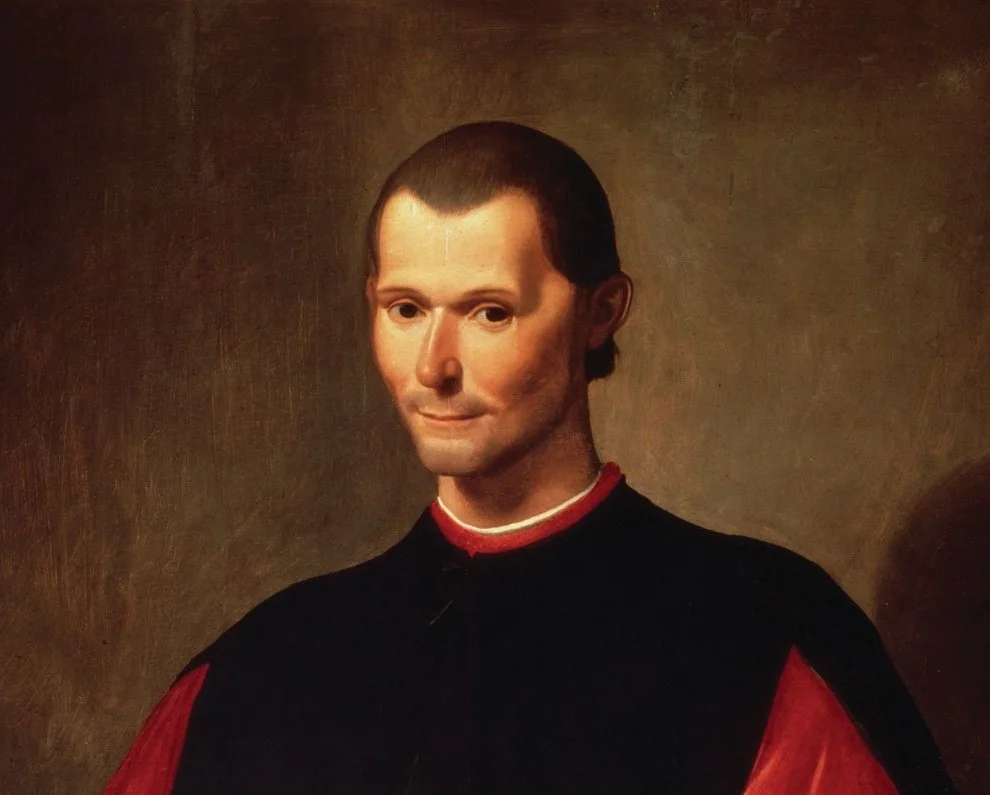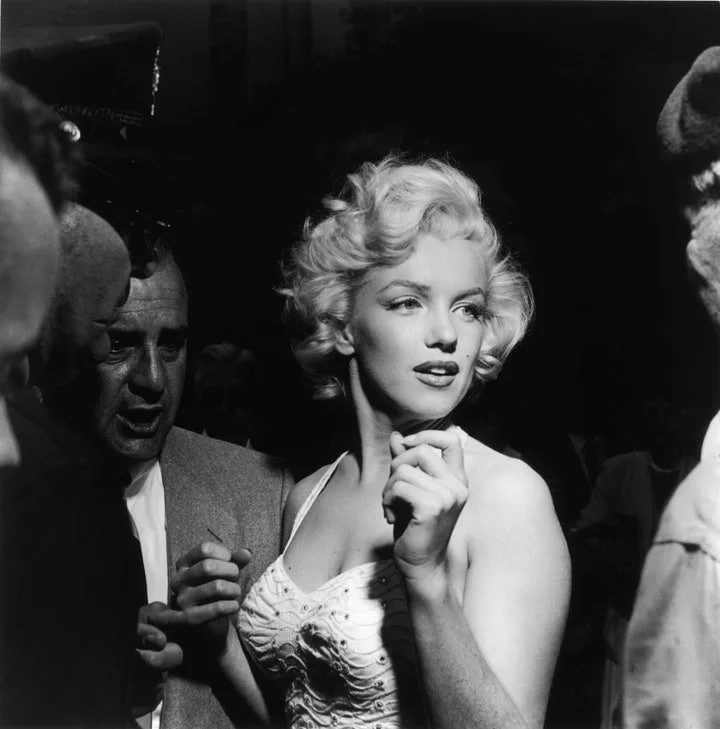By The Landlord
“Punctuality is the art of guessing how late the other fellow is going to be.” – Evelyn Waugh
“The only way of catching a train I have ever discovered is to miss the train before.” – G.K. Chesterton
“Never put off till tomorrow what you can do the day after tomorrow.” – Mark Twain
“I am always late on principle, my principle being that punctuality is the thief of time.” – Oscar Wilde
“The beginning of a great day begins a night before.” – Sukant Ratnakar
“The trouble with being punctual is that nobody's there to appreciate it.” – Franklin P. Jones
“How did it get so late so soon? It's night before its afternoon. December is here before its June. My goodness how the time has flewn. How did it get so late so soon?” – Dr Seuss
Hello. So then, we can’t all be Swiss trains. Perhaps it’s something in our brains. The twisting trails of creativity can rail against, pull brakes on punctuality.
Have you, for instance, ever felt the aching in your back and bones, waiting for a performance by Grace Jones?
So, for me there’s always been a slight difficulty, while seeking originality, sticking also to practicality. Being on time feels like the tension between prose and rhyme.
Yet it’s declared, when things are shared, a deadline is always required, a routine that’s well aired. It’s drummed in from school, to work, something to stick to, from which to never shirk. We clean the virtual pumps, mop the floors, we’re ready to unbolt the doors. The bar is wiped, the glasses shine, the beer is cold, the wine is fine. We always aim to be prepared. But something will go wrong for sure, some problem undeclared.
At the bar, even before we’re open a knock comes at the door. It’s a crowd of Song Bar guests wanting their say, with a range of formality, informality, cordiality, and personality, on the rights and wrongs of punctuality:
First, of course, a group defending its necessity and virtue. Some are even candid about being early. “I have always been a quarter of an hour before my time, and it has made a man of me,” proclaims Lord Nelson.
“Mais oui, mon ami, et ennemi!” adds a grandly entering Louis XVIII: “More than any things, punctuality is the politeness of kings!”
“Better three hours too soon than a minute too late,” adds William Shakespeare, reading a line from The Merry Wives of Windsor.
Many think punctuality is not merely polite, but lateness is also extremely rude and disrespectful. “Few things tend more to alienate friendship than a want of punctuality in our engagements. I have known the breach of a promise to dine or sup to break up more than one intimacy,” says William Hazlitt.
“Arriving late was a way of saying that your own time was more valuable than the time of the person who waited for you,” chips in Karen Joy Fowler from The Jane Austen Book Club
Meanwhile, Niccolo Machiavelli is rarely bothered about what others think of him, unless it serves a purpose. But punctuality is a useful tool, and may have other calculating significance: “Tardiness often robs us opportunity, and the dispatch of our forces.”
And to close with with the early and on-time crowd, here’s another bar regular, Charles Dickens: "I never could have done what I have done without the habits of punctuality, order, and diligence, without the determination to concentrate myself on one subject at a time.”
Niccolo Machiavelli: calculatedly on time
Meanwhile, there are others who feel the human obsession with punctuality is unnatural. Here’s Virginia Woolf: “Time, unfortunately, though it makes animals and vegetables bloom and fade with amazing punctuality, has no such simple effect upon the mind of man.”
And here’s E.B. White, from the book One Man's Meat:
“We teach our child many things I don’t believe in, and almost nothing I do believe in. We teach punctuality, particularly if the enforcement of it disturbs the peace. My father taught me, by example, that the greatest defeat in life was to miss a train. Only after many years did I learn that an escaping train carries away with it nothing vital to my health. Railroad trains are such magnificent objects we commonly mistake them for Destiny.”
“Yes, indeed. Punctuality is the virtue of the bored,” adds Evelyn Waugh, mischievously.
“The superior thing, in this as in other departments of life, was to be late. Lateness showed that serene contempt for the illusion we call time which is so necessary to ensure the respect of others and oneself. Only the servile are punctual…”, adds Rose Macaulay, brandishing a copy of Mystery at Geneva.
And that great, unheralded author John Kennedy Toole, gives us now a taste of that great slothful character, Ignacious C Reily, from A Confederacy of Dunces: “I avoid that bleak first hour of the working day during which my still sluggish senses and body make every chore a penance. I find that in arriving later, the work which I do perform is of a much higher quality.”
Punctuality, or lack of it, is the inspiration for many a plot in books and film and TV, from the White Rabbit in Alice In Wonderland, to David Niven rushing to get Around The World in 80 Days, to John Cleese, the stressed headteacher in Clockwise, to Kiefer Sutherland in 24.
Then there’s a tragically funny documentary about Canadian heavy metal band Anvil, in Anvil: The Story of Anvil, who try to embark on a resurgent tour, but encounter many disasters, including missing a train:
Is lateness a trait of charisma, or being a total mess? Probably both. Everyone else has arrived, and finally of course, last to appear, here’s Marilyn Monroe, for whom most men would wait far longer: “I am invariably late for appointments – sometimes as much as two hours. I've tried to change my ways but the things that make me late are too strong, and too pleasing.”
Is that the time already? The fashionably late Marilyn Monroe
As Marilyn saunters over to our bar piano, we already have a colourful group giving us a little musical taste of this topic. Alan Jay Lerner is here, and invites Marilyn for a brief duet with these alternate lines:
“We met at nine.
We met at eight.
I was on time.
No, you were late.”
Lewis Carroll is also here, and gives us a little rendition of one of his verses:
“Better to be before you time,
Than e're to be behind;
To open the door while strikes the chime,
That shows a punctual mind.”
There are many mentions of trains in this week’s theme, and so it seems fitting to leave you with the Ray Davies is also here, giving you a glimpse of a lifestyle of urban punctuality:
“Cause he gets up in the morning,
And he goes to work at nine,
And he comes back home at five-thirty,
Gets the same train every time.”
So then, as I seek to open the bar doors on time, the hour has arrived to pin down the essence of punctuality in song, with all the tensions and consequences of being early or late.
Helping keep things running smoothly, let’s welcome the ever punctual and pleasing precision of Marco den Ouden as our guest guru for this topic. Please suggest your songs about punctuality and naturally related songs about being early or late for an agreed time, in comments below, until the bell is rung on Monday evening UK time (11pm UK BST usually), for playlists published next week. Right on time. Probably.
The sands of time keep on moving
New to comment? It is quick and easy. You just need to login to Disqus once. All is explained in About/FAQs ...
Fancy a turn behind the pumps at The Song Bar? Care to choose a playlist from songs nominated and write something about it? Then feel free to contact The Song Bar here, or try the usual email address. Also please follow us social media: Song Bar Twitter, Song Bar Facebook. Song Bar YouTube, and Song Bar Instagram. Please subscribe, follow and share.
Song Bar is non-profit and is simply about sharing great music. We don’t do clickbait or advertisements. Please make any donation to help keep the Bar running:




